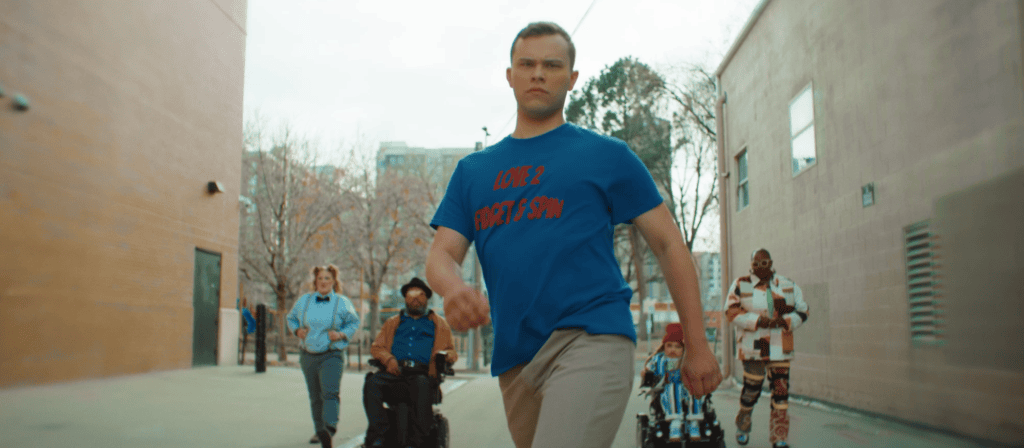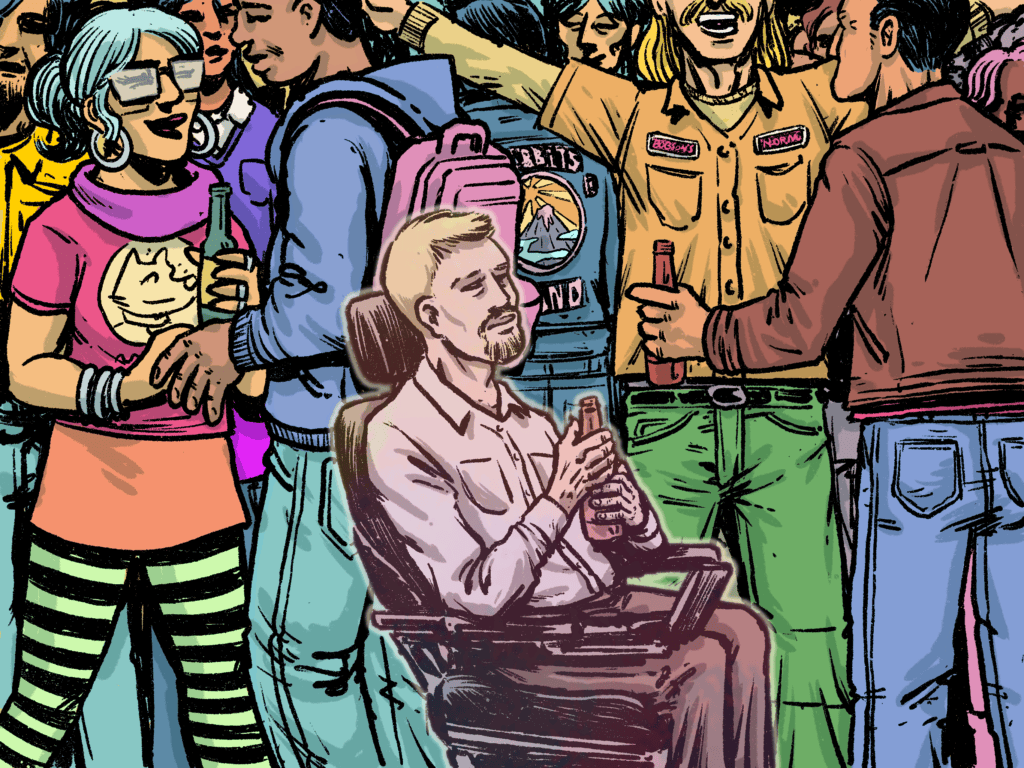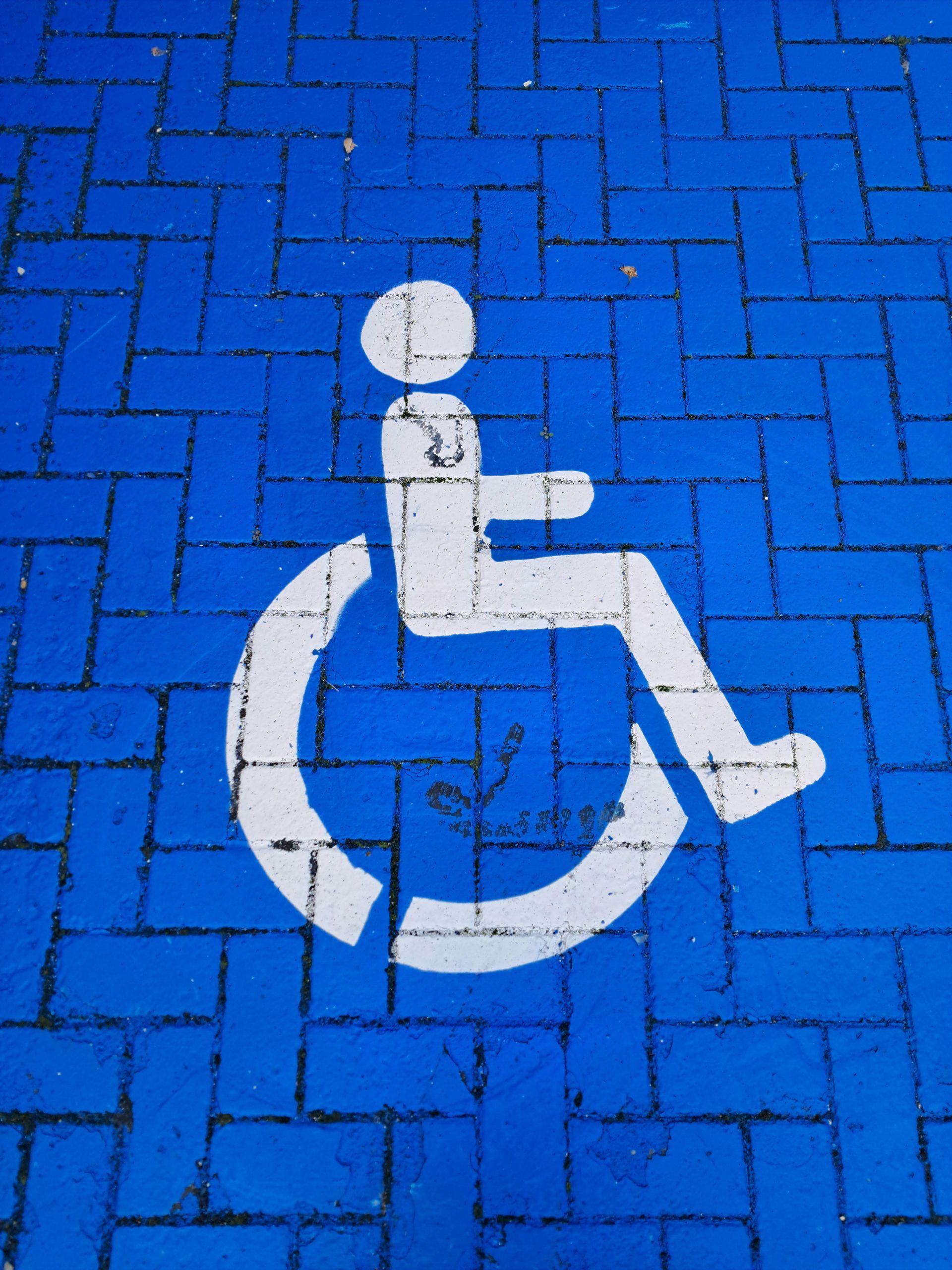Mind-Controlled Wheelchair Brings New Freedom to People With Paralysis
US News Nov. 18, 2022, at 11:14 a.m.
By Dennis Thompson HealthDay Reporter / US News / November 18, 2022
Through an electrode-studded cap placed on their head, several people with quadriplegia -- no function in all four limbs -- were able to produce brain waves that guided their wheelchair through a kind of hospital "obstacle course."
The cap captures a person's brain signals, which are translated into the wheelchair's movements through a computer program, explained senior researcher José del R. Millán, a professor of neurology and chair of electrical and computer engineering at the University of Texas at Austin.
The patient simply thinks about moving the body parts they no longer control -- an arm or a hand, a leg or a foot.
"This intent will be translated into the actual commands for the motors of the wheelchair that will make the wheels move at different speeds so that if one is faster than the other, then it will turn into that in the opposite direction," Millán said. "So if the right is faster than the left, it will automatically turn towards the left and the other way around."
To read the entire article, please click here >









